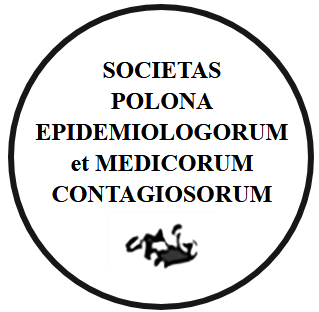REVIEW PAPER
Intelligent revolution in medicine - the application of artificial intelligence (ai) in medicine: overview, benefits, and challenges
1
Collegium Medicum, Uniwersytet Jana Kochanowskiego w Kielcach
Submission date: 2024-09-05
Final revision date: 2024-10-08
Acceptance date: 2024-10-10
Online publication date: 2024-10-18
Publication date: 2024-12-10
Corresponding author
Jan Barański
Collegium Medicum, Uniwersytet Jana Kochanowskiego w Kielcach, aleja IX Wieków Kielc 19A, 25-317, Kielce
Collegium Medicum, Uniwersytet Jana Kochanowskiego w Kielcach, aleja IX Wieków Kielc 19A, 25-317, Kielce
Przegl Epidemiol 2024;78(3):287-302
KEYWORDS
TOPICS
Infectious diseases epidemiologyNon-communicable disease epidemiologyPublic health and health economicsSocial, environmental and occupational medicineLaboratory diagnosticsData science in health
ABSTRACT
Artificial Intelligence (AI) has the potential to revolutionize medical diagnostics by offering new opportunities for accuracy, efficiency, and accessibility in healthcare. This article examines the benefits of implementing AI in diagnostics, such as enhanced diagnostic precision, faster clinical decision-making, cost reduction, and increased access to healthcare. It also discusses the challenges associated with AI implementation, including ethical, legal, and technical issues. The future of AI in medicine may bring further technological advancements and personalized therapy, but it also requires addressing regulatory and ethical concerns.
We process personal data collected when visiting the website. The function of obtaining information about users and their behavior is carried out by voluntarily entered information in forms and saving cookies in end devices. Data, including cookies, are used to provide services, improve the user experience and to analyze the traffic in accordance with the Privacy policy. Data are also collected and processed by Google Analytics tool (more).
You can change cookies settings in your browser. Restricted use of cookies in the browser configuration may affect some functionalities of the website.
You can change cookies settings in your browser. Restricted use of cookies in the browser configuration may affect some functionalities of the website.





